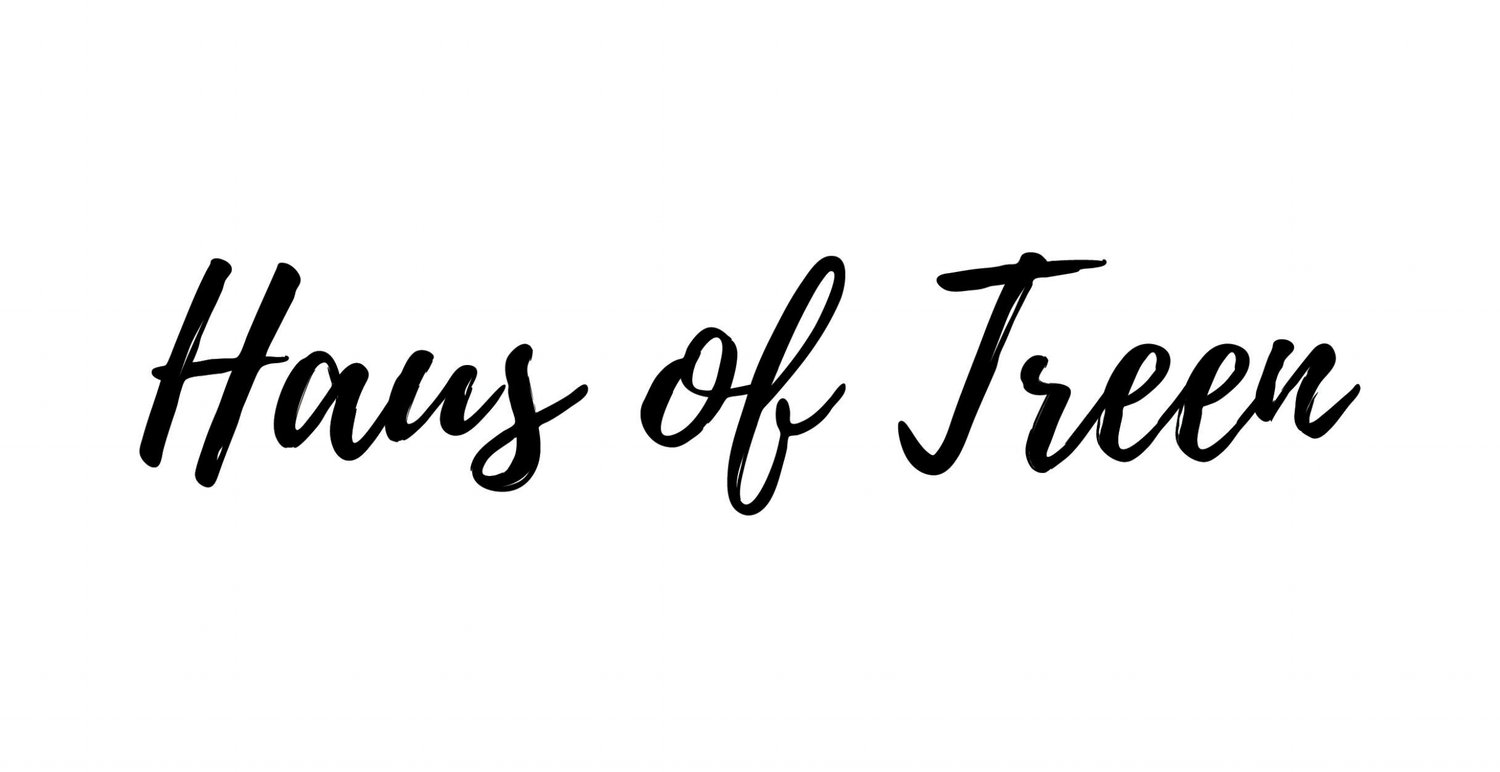Ask The Question
I grew up in a house with domestic violence. My willingness to speak when everyone else was ducking their heads painted a target on my back. Throughout the years I have been shocked to learn how many people knew about the situation. Neighbours heard my father’s shouting rants but never reached out to see if we were ok. Church members knew of the violence and offered their prayers. Family members suspected what was happening but did nothing. My inner child still wants to know why? For years I was lost and hurting. After years of trying to fit into my father’s expectations, in my early twenties I made the painful decision to stand apart from my family. It took even longer to untangle myself from the emotionally controlling web my father had created. During my twenties I had a conversation with my dad where he confessed he had sort help for his violent behaviour. The help he found turned out to empty promises or tokenistic in nature.
A few years ago, White Ribbon had the ‘Real men don’t hit women’ campaign. Even after being on the receiving end of countless physical blows, I hated these advertisements. It is hard enough for men to seek help, why are we heaping shame onto the already steaming pile of dung that is domestic violence? While I’m not an expert on this issue I have lived through it and I have an alarming number of friends that have also survived the chaos.
I will never forget the day my friend arrived at work with a cloud hanging over her. Our desks were positioned so that while we sat side by side, when we faced our computers I could only see her side profile. From her body language I could tell she was upset. After asking if she was ok, she turned to face me. Her face was a watercolour of purples, blues and blacks. Her cheeks were marked with tears. This was a broken woman. She had been able to walk across the office floor with a face like that and no one had stopped her to ask if she was ok.
One night I was out with a different friend. Some of her work mates had joined us. One of the partners started gossiping about their mutual friend who was choosing to remain in a violent relationship. I asked if they had talked to her about it. I wanted to know if she knew that they knew about her situation. The bloke doing all the talking got mad at me and shut me down. He said something along the lines that it was her choice and he didn’t want to intervene. I left early that night in a rage. My argument was caring without actions is not really caring, it’s voyeurism.
Another friend was in an abusive relationship when I met her. She told me that I was the first person to tell her that her relationship was not normal. Screaming matches in public isn’t a sign of passion, it’s emotional dysfunction. Emotional manipulation and control is not love, it’s abuse. People knew the relationship she was in was unhealthy. No one said it to her face. Abusive relationships are manipulative by nature. They’re not easy to be in and they’re even harder to leave. But the person needs to know that they’re not crazy. That their feelings are valid and rational. Even if they do decide to stay. You’ve got to say something.
It’s great that we’ve had all these public campaigns. Social awareness has been raised. But now it’s time to get our hands dirty. There’s people in our lives that need us to take an active interest and ask the hard questions. This isn’t just about domestic violence situations. Those that are suicidal, lonely, hurting or just kind of weird all need to be noticed. Let people know that you care. Social media isn’t an entirely bad thing. The internet has helped many people find connection. But nothing compares to a real connection with a real person. Life can be busy. But we’ve got to make room for what’s important. People are important. Your social media feed is not.
